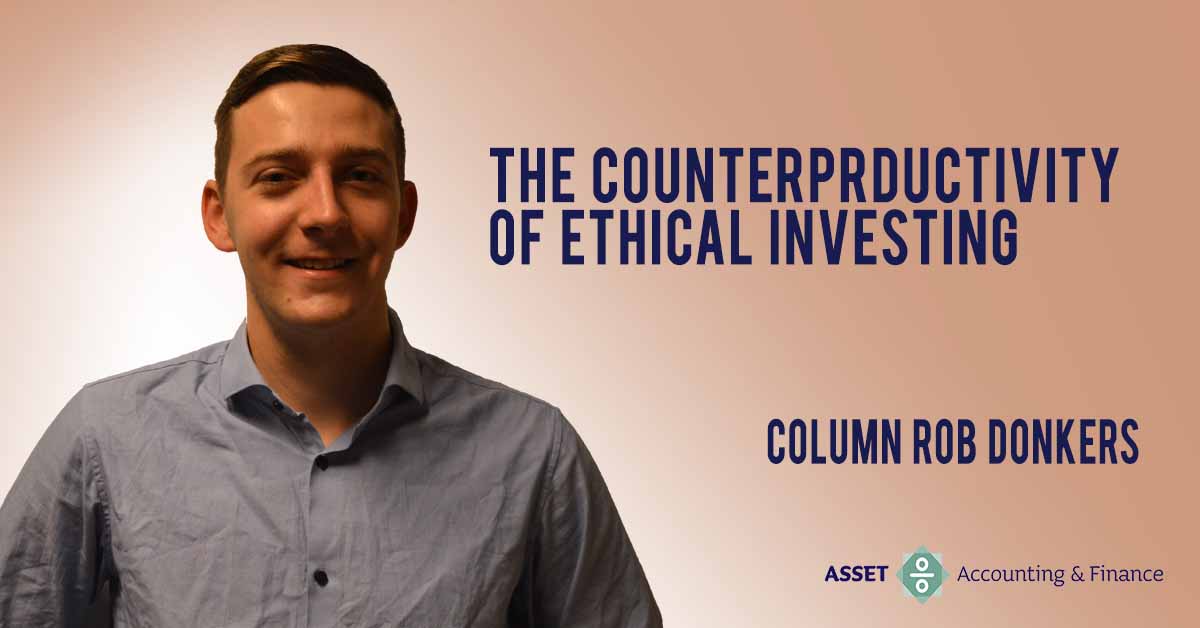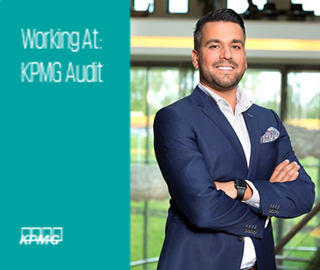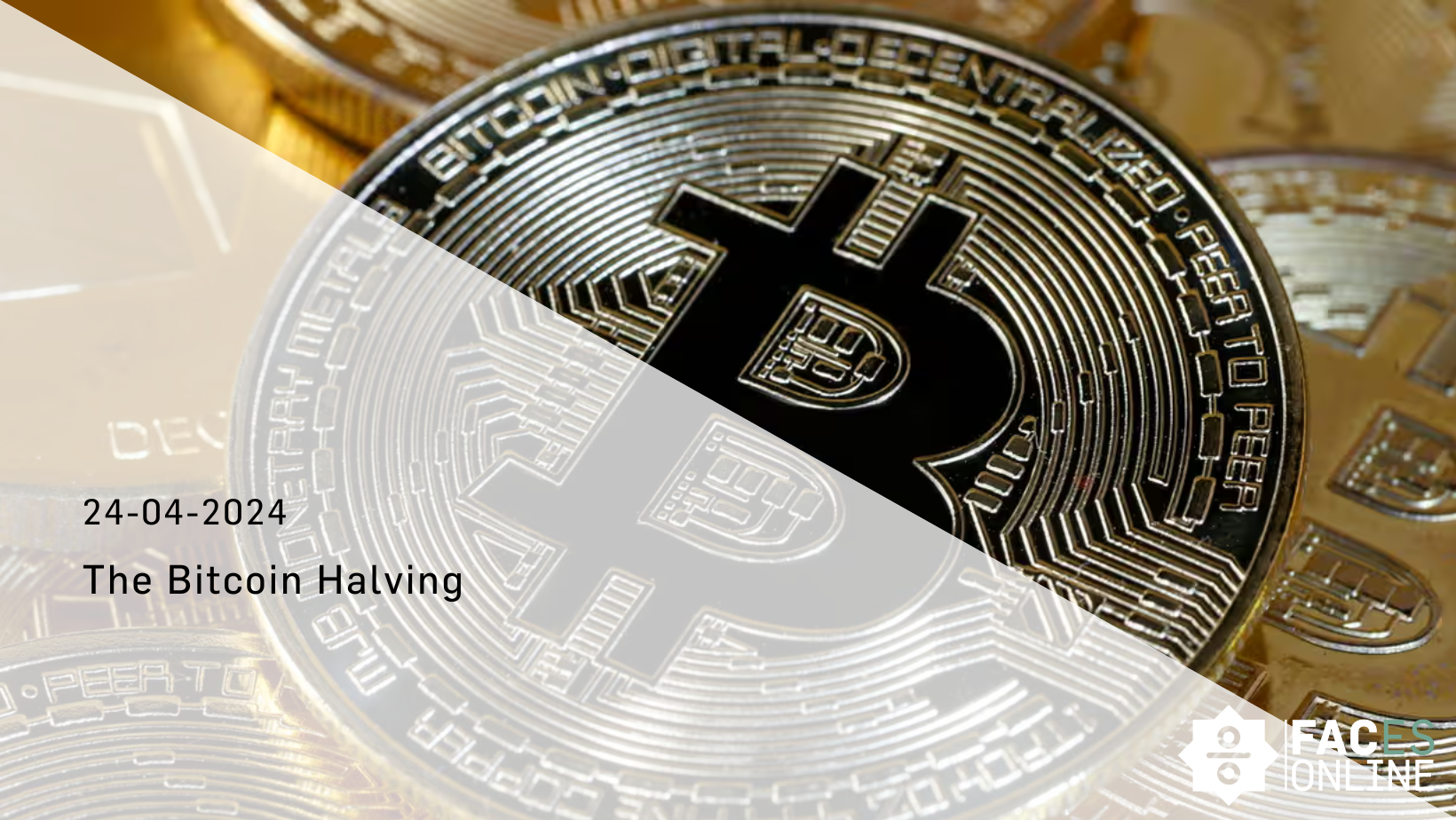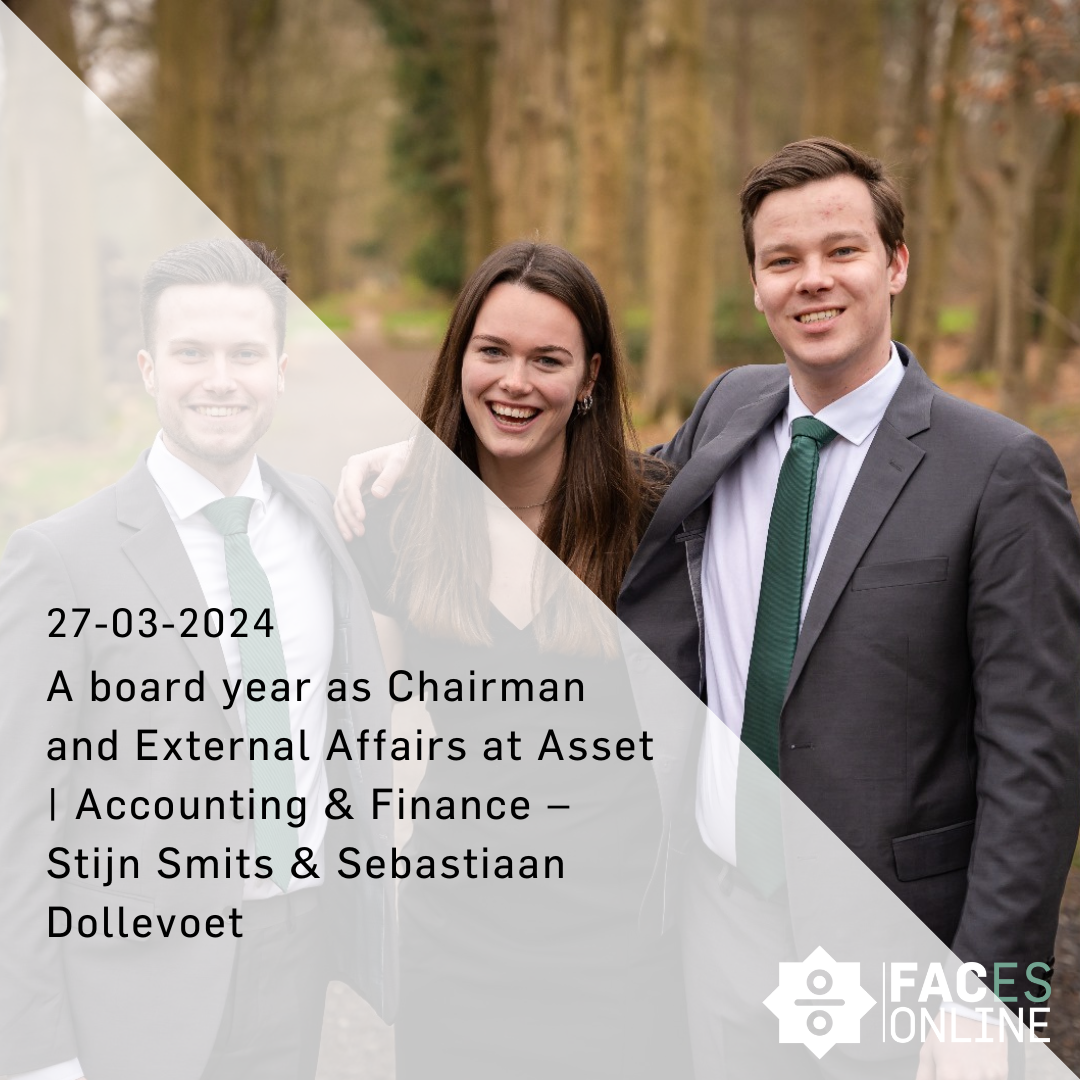Disclaimer: This article is for entertainment purposes only and cannot be used for financial advice. Since its inception, Bitcoin has caught the

Let me start by defining what is ethical investing. One way to get into ethical investing is by consciously picking durable companies that improve our collective wealth in other ways than only through monetary gain, but these companies often trade at a premium price because of their appeal outside of sole profit. The mainstream ethical investing is done by consciously avoiding investing in ‘vice companies’. This is a much more viable way of ethically investing for large money managers, as profitability doesn’t suffer too much. There are plenty of other viable investment opportunities outside of vice companies. At the moment there is a feud going against investing in these vice companies and large pension- and investment funds are shying away from them slowly.
To determine whether a company is a vice company, the Dutch pension fund ABP set up a few criteria: a company that has its main business in selling products that are by definition harmful for people, as long as shareholders can’t change the company policy, there are no negative consequences if the product would disappear and there is a global treaty on banishing the product. Effectively, this comes down to mainly tobacco companies and nuclear weapon manufacturers. As an effect, recently the largest Dutch pension fund said they would liquidate their assets in such companies to stop supporting them.
At first glance, this seems like a good thing to do. The vice companies will lose market value and will have a harder time to finance their projects, possibly diminishing their business a bit. Many social organizations fully support this development and there is sentiment from the masses for these decisions. The general opinion as I sense it, seems to be that this decision should have been made a long time ago, and it is ridiculous that such funds ever even considered these investments in the first place.
“The fundamentals of the devilish enterprises will not change. They will still be selling their cancer-inducing products and hoarding in large amounts of cash while doing it.”
Now here comes my observation of the phenomena. If the general sentiment of large public investment funds is to stop putting money into these rogue companies[1], it will put a downward pressure on the prices these products trade at: They will become cheaper because there are large dumps on the market from large investment funds. The fundamentals of the devilish enterprises will not change. They will still be selling their cancer-inducing products and hoarding in large amounts of cash while doing it. The beneficiaries of these vast cash flows are now no longer the pensions of John Doe, but those people that either consider these profits to be amoral, or people who just don’t care about the immorality. Because the stock prices have dropped by the hands of the well-willing fund managers, investors that are less keen on morality can buy into these cash flows at a discount. The argument that a boycott will stop project funding of vice enterprises seems quite lackluster as well. Besides, and maybe because of, their evil nature, these companies usually do pretty well financially. It is hard for me to imagine that they will get into actual funding problems that are not taken over by controversial parties looking to make a quick buck.
So let’s assess what is the result of the well-meant boycott: Tobacco is still being produced, nuclear weapons are manufactured like always. No change there. Next: Because a lot of large investment funds pull out of these harmful businesses, there comes a downward pressure on vice-asset prices. As their cash flows remain unchanged, it gets cheaper to buy into the profits that are made. Parties that are not so interested in a durable and healthy world will get some easy opportunities to make money and enrich themselves. Now what are they going to do with this money? Realistically, companies like Goldman Sachs and JP Morgan will take over the positions liquidated by pension funds and such, so instead of giving the working man a nice retirement benefit, the money goes into the year-end bonuses of people working for a man who publicly claims he is doing ‘Gods work’ as Goldman’s CEO[2].
Now how can we prevent this scenario where taking our collective hands’ off the dirt will only make rich bastards richer? Large investment funds have a reputation to uphold, so they are bound to see through their little adventure. My solution is creating an investment Robin Hood Fund. A fund that looks to harvest as much dirty money as possible, not to finance a bald Jew’s coke habit, but looks to give this money back to the community, e.g. by putting the annual dividend yield into social initiatives that actually struggle to finance their business.
[1] I love to paint a picture in black and white, so excuse the power terms
[2] http://www.businessinsider.com/lloyd-blankfein-says-he-is-doing-gods-work-2009-11?international=true&r=US&IR=T






















